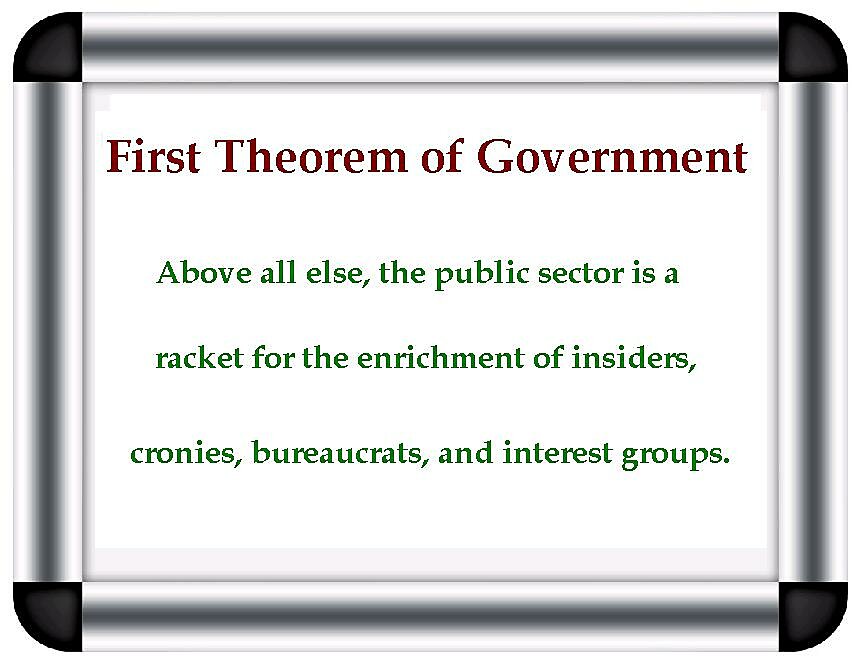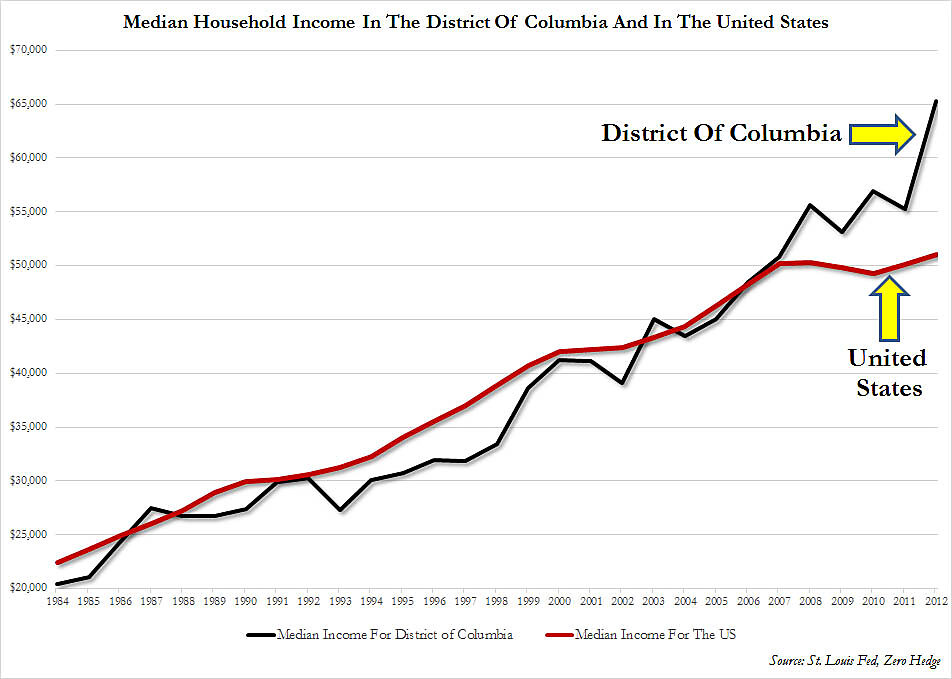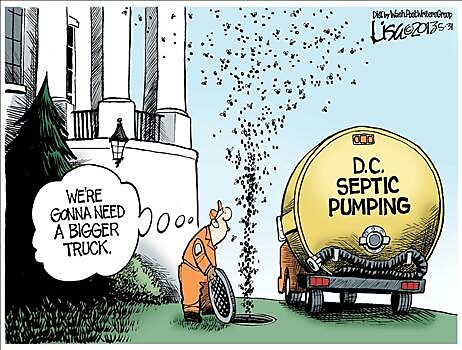Last week President Obama commuted the sentences of eight inmates caught up in the crack cocaine sentencing fury, all of whom had served at least 15 years for what was often relatively peripheral involvement in the drug trade. Clarence Aaron, for example, was serving three life sentences without possibility of parole for a first-time nonviolent offense. Many advocates from all political viewpoints pushed for Aaron’s release, among them Debra Saunders who wrote dozens of columns on his case in the San Francisco Chronicle over the past 12 years.
I’ve got a new op-ed for Bloomberg View (my first appearance there) calling the new venture in presidential clemency “mingy and belated”:
According to the Washington Post, one of the administration’s motives was, oddly, its wish to help “eliminate overcrowding in federal prisons.”
If that’s the case, Obama is trying to bail out Lake Michigan with a paint can. The federal prison population has increased by more than 700 percent since 1980 and the number of inmates now exceeds the Bureau of Prisons bed capacity by 35 percent to 40 percent, requiring the use of contract prisons, halfway houses and other makeshifts.
Even if the president could free another batch of eight prisoners every week for a year, his mercy will still have touched only about one-fifth of 1 percent of the inmates in federal prisons.
One argument I’ve heard on behalf of the White House is that this is a trial balloon, and if the President doesn’t suffer political damage from it, he may be back with broader pardons later, perhaps after the mid-term elections. It’s a politically coherent argument, I suppose, but I can’t think it’s one that’s especially flattering to Obama as he will appear to later historians.
[cross-posted and adapted from Overlawyered]



